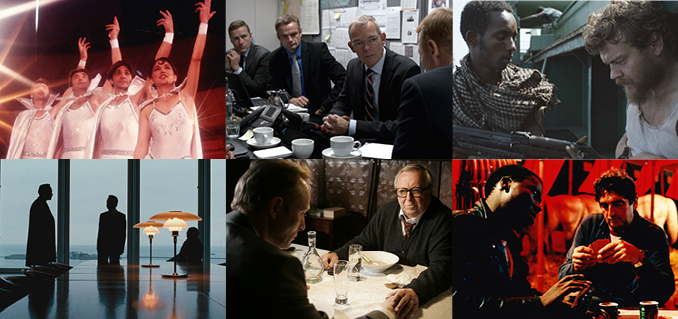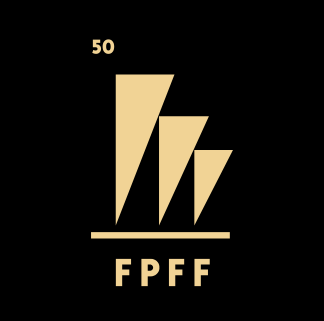Close-up: Denmark. Danish cinematography in Gdynia

The section devoted to the cinematography of a selected European country is a fixed item on the Gdynia Film Festival’s agenda. The 39. Gdynia Film Festival (15-20 September) will present Danish films, selected out of the newest and the slightly older titles so as to introduce the Polish viewer to a blend of psychology, drama and humour, typical of this country’s productions. In turn, the Polish filmmakers will have the opportunity to get to know the possibilities of co-production among our countries.
The Danish cinematography is aptly considered as one of the most developed in Europe, thanks to, among other things, a brilliant system of financing and organizing the film art. The manner of supporting and promoting the Danish cinema has become for many countries – including Poland – an example and a model of leading the national cinema of a small European country to full bloom.
In 2014, it is Denmark that has become the hero of the Gdynia Film Festival. Within the “Close-up: Denmark” section, the viewers will watch three films from different periods, presenting diverse genres and styles.
“Flying Devils” from 1985 is a tale about a circus, seen as a gaudy and glorious mirror of life. The director, Anders Refn, filled his cinema image to the brim with all the events and people that make the circus spin in an old, grand style: the bold and the brave, the beautiful and the bad, and the love, lust, hate, hope, high skills and low scheming. Anders Refn is the director of features and TV series as well as the editor of over 35 features, many shorts and documentaries. He cooperated with Lars von Trier while making his most important films (among others, as the assistant director).
“Headhunter” (directed by Rumle Hammerich, 2009) is a thriller set in the upper echelons of the business world. Martin Vinge is a former hardcore business reporter, now a successful headhunter with a complicated personal life. He lands a confidential assignment to locate the new heir to the throne of Denmark’s biggest shipping and oil empire: The Sieger Corporation. As Martin starts searching for potential candidates, he soon realises that he is entangled in a far-reaching, impenetrable power game for the corporation’s future. Rumle Hammerich is educated as both a director and a screenwriter from the Danish Film School. Rumle has written and directed several films and TV-series in both Denmark and Sweden. He was awarded, among others, an Emmy for his “Young Andersen”. The screening of “Headhunter” has been organised in cooperation with the Danish Film Institute.
In Tobias Lindholm’s “A Hijacking” (2012), we observe the experiences of a cargo ship and its crew hijacked by Somali pirates. The seamen are taken hostage in a cynical game of life and death. With the demand for a ransom of millions of dollars a psychological drama unfolds between the CEO of the shipping company and the pirates.
One of the most important industry events of this year’s Festival will be a forum on Polish-Danish coproductions, held on Friday, 19 September. The forum, organised in cooperation with Dansk-Polsk Film, will be a platform for exchanging Polish-Danish experiences in the sphere of film production. The conference will be attended by filmmakers from both countries who have been working on international coproductions for years. The discussion will be focused on the topic of the possibility of Polish-Danish production cooperation and the factors and additional costs such as translation, legal advice, insurance or travel costs, which have to be taken into account when coproduction is planned. The participants include, on the Danish side: Anders Refn, Rumle Hammerich and Ole Wendorff- Østergaard, on the Polish side: Ewa Puszczyńska and Łukasz Dzięcioł. The discussion will be moderated by Joanna Szymańska from the Polish Audiovisual Producers chamber of Commerce KIPA.
The Artistic Director of the Festival, Michał Oleszczyk, emphasizes the importance of the international section in Gdynia: “I am very glad that we manage to continue this tradition, and I am especially pleased with the fact that this year, it is Denmark that will be the centre of attention. Good co-productions with this country have been very successful recently: suffice it to mention “Ida” and “The Word”. The panel organised by us can be a great opportunity of establishing new contacts by the native producers and of developing cooperation with the country and the film environment that is especially open to our Polish initiatives.”
The “Close-up: Denmark” section is organised in cooperation with Dansk-Polsk Film.


